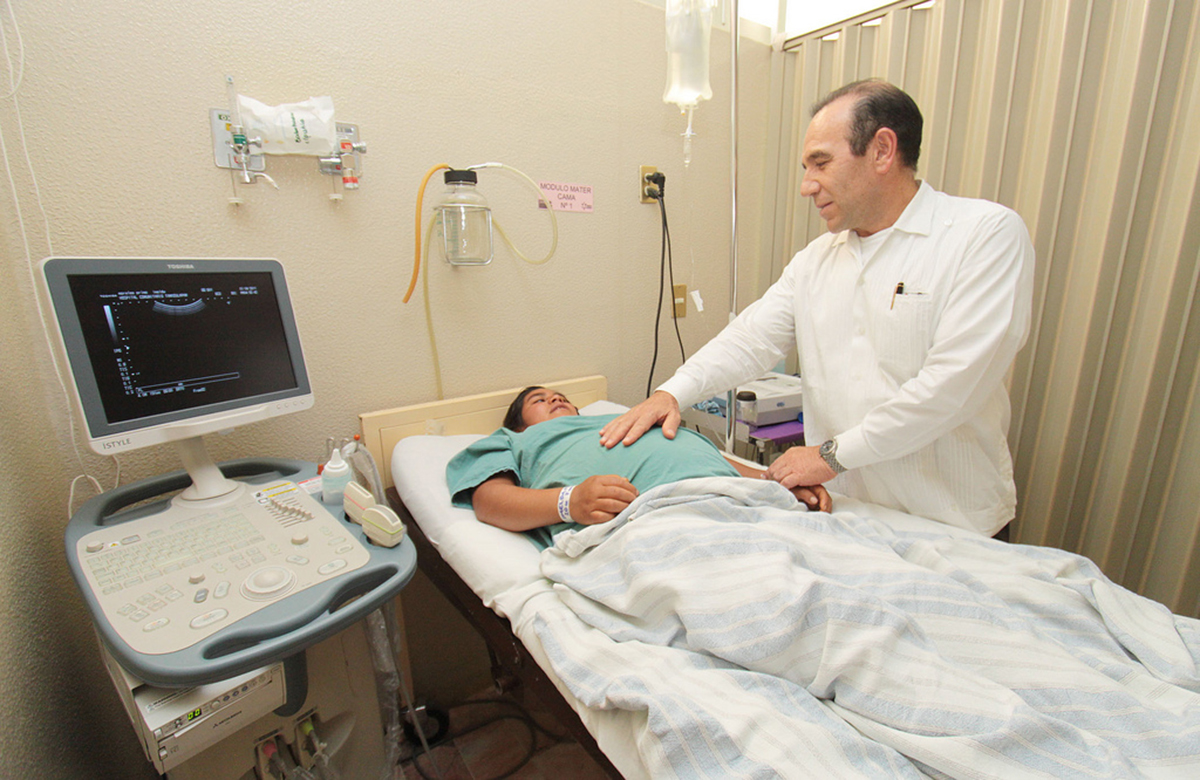Table of Contents
Not every doctor is insensitive to the suffering of patients inflicted by the healthcare system itself. Doctors have come to realize that long waits, inadequate explanations, failure to listen to patient concerns (especially when patients have conditions that are treated by two different specialists), and injuries are detrimental to desirable outcomes.
Dr Kenneth Sands, the chief quality officer at Harvard’s Beth Israel Deaconess Medical Center in Boston, notes additional concerns, such as falls, medication errors, and the previously mentioned hospital-acquired infections.

Then Dr Sands took the unusual step of asking the hospital's patients what was going wrong:
- Communications. Doctors don't always think before they speak. "Oh, it looks like you have cancer," is not really the kind of comment patients want their doctors to make off the cuff.
- Theft. Patients can't wear jewelry into surgery or for many diagnostic procedures. Losing a prized possession like a wedding ring is very upsetting to anyone, especialy to someone who is already sick.
- Privacy. If only a flimsy cloth curtain separates you from the patient in the next bed, this is not the time you want your doctor commenting on your sex life, or your bleeding hemorrhoids or your mental health condition.
Possibly securing himself a nomination for sainthood, Dr. Michael Bennick, medical director for patient experience at Yale-New Haven Hospital, noted that the Medicare hospital satisfaction survey has a question "Was your room quiet?" He took this concern a step further and:
- Directed nursing staff not to wake patients in the middle of the night to take vital signs (blood pressure, temperature, pulse, and oxygen saturation of the blood).
- Changed medication orders so that three-fourths of medications were given before bedtime and the remaining medications were given the next morning.
- Changed rounds so that blood did not have to be drawn at 3 or 4 o'clock in the morning just so doctors could have test results before they made their rounds in the early morning.
Dr. Bennick made an impression on doctors in training at his prestigious hospital. As he told the New York Times, "I told the resident doctors in training: ‘If you are waking patients at 4 in the morning for a blood test, there obviously is a clinical need. So I want to be woken, too, so I can find out what it is.’ ” None of the residents called him in the middle of the night.
The best part about these changes from the perspective of hospital management was that they greatly improve patient outcomes and patient satisfaction and they don't cost a cent. The worst part about these changes fron the perspective of a hospital patient is that many hospitals resist the changes that make their stays comfortable.
What Can A Patient Do?
- Be polite, but let your hospital know when noise keeps you awake at night. If the staff are unusually inattentive, you might be other than polite but still not causing them to call security.
- Be sure to fill out any satisfaction surveys you are given. Hospitals don't always respond to the results, but when they get a series of low rankings they often start to make changes.
- Don't be hesitant to write letters to your hospital about your care. Typically the person you would want to contact is the hospital risk manager. If the treatment you received was outrageously bad, you may want to write a factual, polite, and concise complaint to the Joint Commission on Hospital Care (JCHA). They take complaints by email, although you will need to provide them with your name, Social Security number, and date of birth to discuss the particulars of your case with the hospital.
Ultimately, you want to be treated by a doctor who wants to treat you the way he or she would like to be treated. When you find those doctors, stay with them. Let them know you appreciate your care, but insist that your doctor and your hospital do not add to your suffering.
- Gina Kolata. Doctors Strive to Do Less Harm by Inattentive Care. New York Times. 17 February 2015.
- HAI Prevalence Survey, Centers for Disease Control, http://www.cdc.gov/HAI/surveillance/index.html. Accessed 9 May 2015:
- Photo courtesy of ilmicrofono.oggiono via Flickr: www.flickr.com/photos/115089924@N02/16070083419
- Photo courtesy of ilmicrofono.oggiono via Flickr: www.flickr.com/photos/115089924@N02/16070083419
- Photo courtesy of German Tenorio via Flickr: www.flickr.com/photos/germantenorio/8600730169
- http://www.medscape.org/viewarticle/574813_4 (Registration may be required.)
- well.blogs.nytimes.com/2012/08/02/the-clatter-of-the-hospital-room/


Your thoughts on this